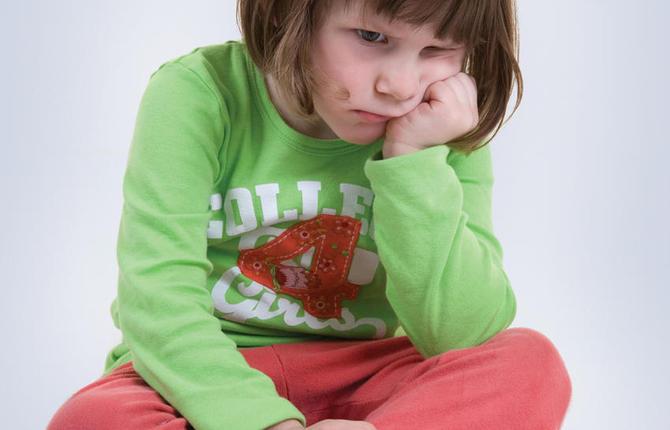
The importance of teaching conflict resolution
Children are never too young to start working on developing, and fine-tuning, their interpersonal conflict strategies.
All children will experience a wide variety of challenges, disappointments, and social conflicts during their early developmental years. These challenges can arise on the home front, in school with a teacher or school work expectations, or on the playground with another student. These can be very intense and emotional experiences for any young person.
Often when a son or daughter comes home very distraught, the first inclination is of protection and comfort. Taking on the parental role of advocate for one’s child, parents can often be very demanding, expecting the teacher, the school, or the other party to brush the issue aside or to ‘fix’ the source of the problem. While forcing a quick solution from others creates an early resolution to the problem, parents need to know that this is just a short-term measure. When this or a similar situation reoccurs, the child is then faced with the very same challenges, no more prepared than the first time around.
While we all want to protect a child from life’s stressors and challenges, parents, caregivers, and teachers need to realize that these challenges should be viewed as opportunities for the child to develop effective coping strategies.
The role of parents and teachers is to provide clarity, and encouragement, and to help with developing supportive strategies through understanding the motivation behind the conflicts. Parents can also provide background information and insights to help a child understand how a particular situation developed, and can even role play the conflict to find the most effective solution which the child would be comfortable with. It is easier to see patterns in behaviours and in circumstances more easily when a child is younger and when ‘the stakes’ are lower.
As a child ages, the issues become more involved, the ‘toys’ become more substantial and the issues can include significant consequences. The consequences of carrying poor coping mechanisms into one’s teens and into adulthood become more and more significant – affecting adult relationships both at home and in the workplace.
Some effective techniques to try are:
a) Practise developing the child’s communication skills, using the “I” words to express their feelings when something is beginning to happen i.e. “I feel…..”“I don’t want…..”
b) Practise standing tall, head held high, looking the other person directly in the eye, and speaking ‘your truth’ in a loud, firm voice.
c) Role play the situation, and practise developing a variety of outcomes until the child feels comfortable with one or more of the rehearsed strategies to use in the future.
d) Let the child know that if they do not like any choice they have made, it’s so easy – just make a different choice.
The development of improved communication skills supports a strong sense of empowerment. This provides a child with the confidence to try a variety of win_win options when communicating their needs and wants in any conflict situation in their day-to-day life. Learning how to face unpleasant issues and interpersonal challenges early in life is far better than postponing the development of these strategies for when one is much older and more set in one’s ways.
Linda Sweet M.S. Ed. Founder/Director of Glenburnie School, Preschool- Gr. 8 Innovative and Progressive Educational Programming www.glenburnieschool.com www.lindasweet.ca/blog





